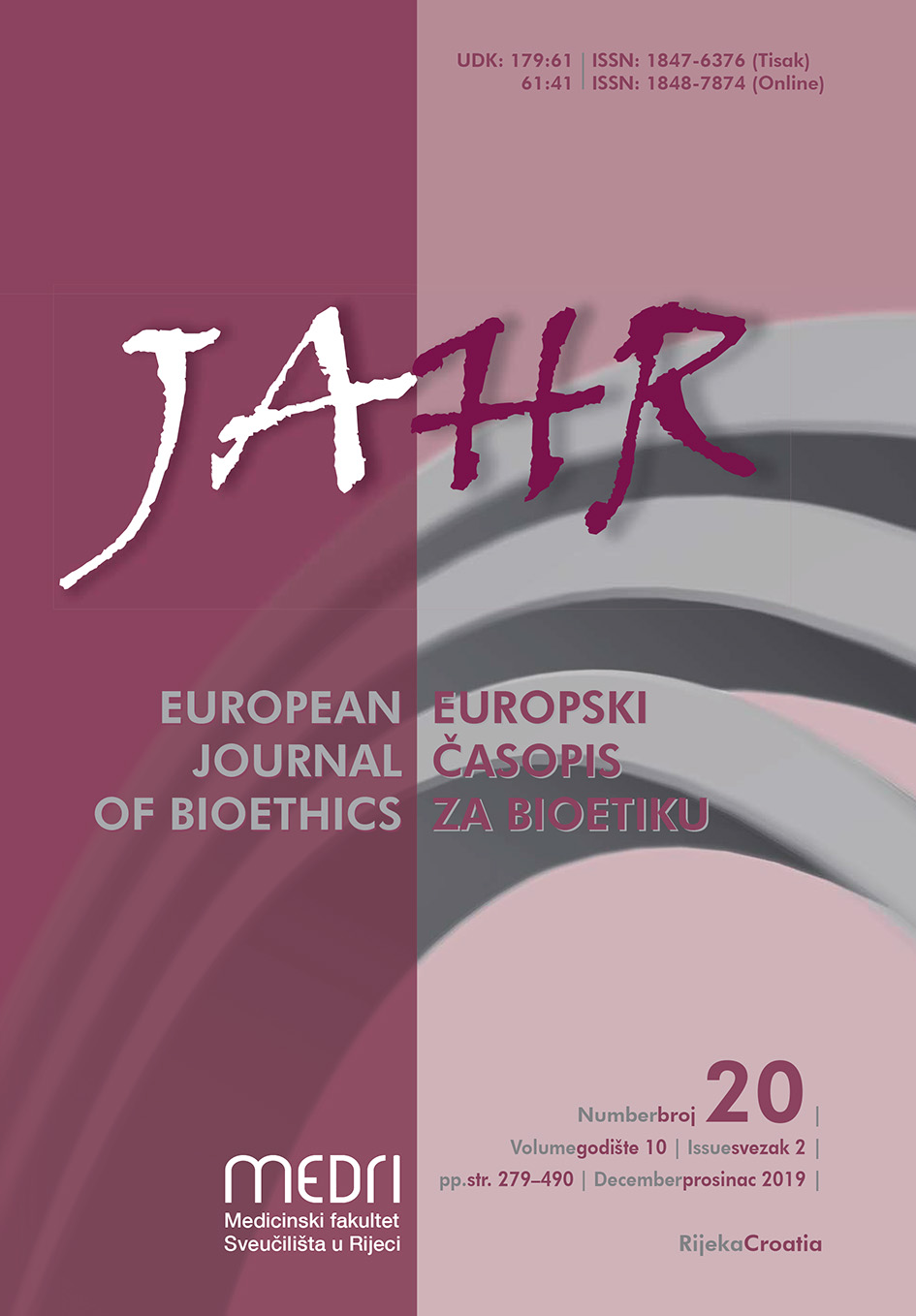Towards Ethical Conception in Legal Regulation of Vaccination in the Russian Federation
Keywords:
Vaccination, universal ethical principles, Russian legal system, existence and realization.Abstract
https://doi.org/10.21860/j.10.2.3
Today the ethical aspect became the cornerstone of all public discussion defining the success of vaccination all over the world. This situation had a basic influence on formatting the modern normative regulation connected with vaccination by the inclusion of the universal ethical principals in the legislative concept. It is also extremely important to reach an understanding and recognition of these fundamental bases among responsible professional community and public society in general. Another significant impact is also to get harmonization and solidarity between existing national legislation and international ones. These provisions defined the main objective of this article to analyze the role and value of the ethical component in the current legislation in the Russian Federation connected with vaccination. First, the significance of universal ethical principles in the process of vaccine’s R&D and practical vaccination is presented (Chapter I). Secondary, the legal system of the Russian Federation is analyzed considering the compliance and the possibility of executing various ethical standards (Chapter II). Third, the author’s research based on a questionnaire survey held among the various categories responsible for vaccination, an imbalance of knowledge, and the implementation of basic ethical-normative principles are shown (Chapter III). The main conclusion of the article is the confirmation of the compliance between Russian legislation and the universal principles of bioethics. At the same time, there is an urgent need for education and awareness in order to improve the scientific and practical achievements of
Downloads
Published
Issue
Section
License
Authors who publish with this journal agree to the following terms:
- Authors retain copyright and grant the journal right of first publication with the work simultaneously licensed under a Creative Commons Attribution License that allows others to share the work with an acknowledgement of the work's authorship and initial publication in this journal.
- Authors are able to enter into separate, additional contractual arrangements for the non-exclusive distribution of the journal's published version of the work (e.g., post it to an institutional repository or publish it in a book), with an acknowledgement of its initial publication in this journal.
- Authors are permitted and encouraged to post their work online (e.g., in institutional repositories or on their website) prior to and during the submission process, as it can lead to productive exchanges, as well as earlier and greater citation of published work (See The Effect of Open Access).



